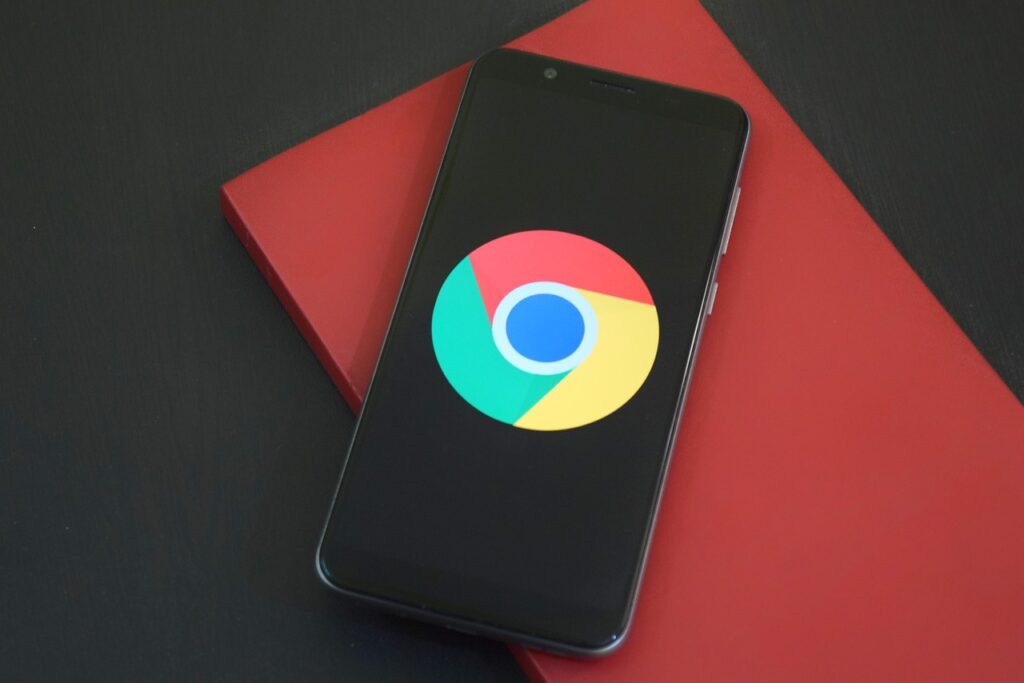OpenAI Looks to Buy Google Chrome – What Does this Mean for Users?

Google’s Chrome browser might be in for a shake-up, with recent issues opening the software up for potential purchase. Among the parties noting interest is Nick Turley, one of the leaders over at OpenAI. Looking to expand its brand into the ever-valuable search space, this move would allow OpenAI to integrate its AI model into the biggest browser in the world. Such a leap would provide OpenAI a significant foothold in the next generation, but is this the best move for consumers, and how would it change your online experience?
Is AI Necessary in a Browser?
To look at how AI integration might work in the future, we could look at any modern website that takes advantage of cutting-edge design and code. A prime example could be found in entertainment websites, like one offering bingo for free play. This service provides free bingo games every day of the week with the classic 90-ball bingo setup. It relies on browsing, streaming data, and staying connected to dozens of other players, while also allowing players to withdraw real cash winnings. Available from desktop, laptop, smartphone, and tablet systems, the current Chrome can access these daily games without issue, and without AI. Navigation and access are simple, so what could AI possibly add?
In most cases, for the average user, the answer is not much. Any well-developed website and app is already built on developed levels of user interface expertise and experience. AI’s promise of streamlining content doesn’t really work with content that’s already streamlined, making it largely ineffective for most common uses.
Where AI could stand out in explaining what exists for unfamiliar users, or those with visual issues. Technical websites could have complicated sentences explained, for example, which would help newcomers and those unfamiliar with a language. Visually impaired users would also benefit immensely from AI’s ability to condense information, to help them understand if a page is worthwhile or just spam.
AI’s Problematic Reliability
Even in the areas where AI does hold potential, the technology is still limited by its unreliable nature. As fantastic as systems like OpenAI can be at sounding authoritative, they often don’t have the knowledge to back this virtual confidence up. It’s prone to errors and hallucinations, and since people often use AI to help in areas they don’t understand, it’s easy to miss the errors it produces.
This can be tested for yourself if you’re at an intermediate level or above in a discipline. Go to ChatGPT and ask it a variety of slightly unusual questions, and quite often you’ll see small mistakes that render its conclusions completely unusable. If we can fact-check, then this isn’t much of a problem, but if AI in a browser provides wrong information where we can’t test it, then the issues could be immense. AI could tell you the wrong temperature for a recipe, send the wrong amount of money for a service, or provide dangerous joke ideas as real.
—
Image by Deepanker Verma from Pixabay





